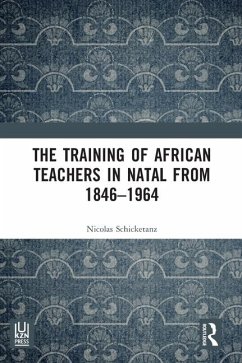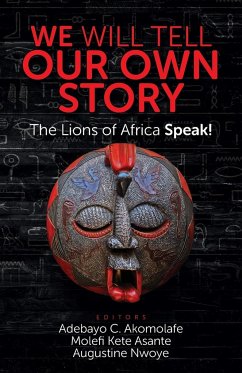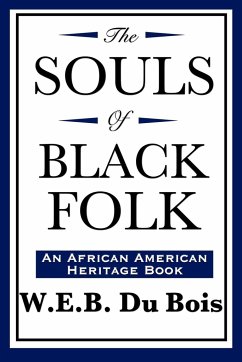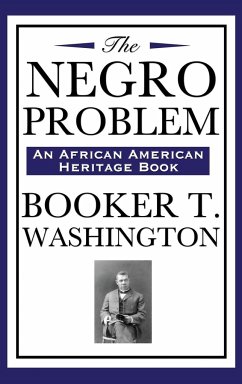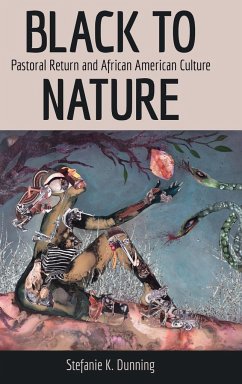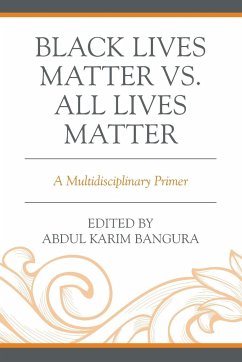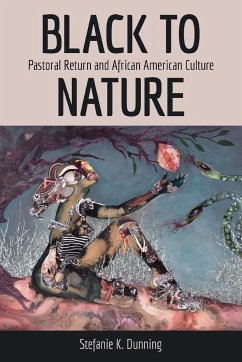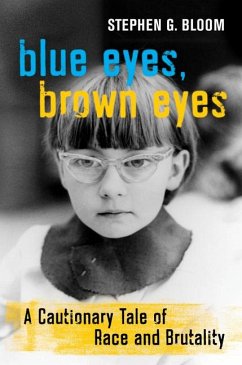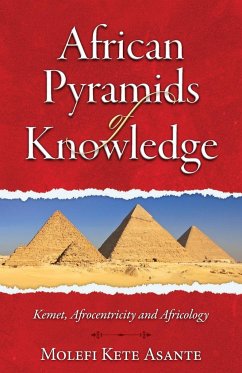
African Pyramids of Knowledge
Kemet, Afrocentricity, and Africology
Versandkostenfrei!
Versandfertig in 1-2 Wochen
17,99 €
inkl. MwSt.

PAYBACK Punkte
9 °P sammeln!
Revealing the intellectual legacy of Africa as the foundation of human knowledge. In African Pyramids of Knowledge, Molefi Kete Asante uncovers Africa's deep contributions to philosophy, science, mathematics, and education-long before Europe claimed these traditions. In this book, Asante offers: Groundbreaking research on Africa's role in shaping civilization. Afrocentric framework that re-centers global knowledge production. Educational clarity that challenges common misconceptions. Timely intervention in the politics of knowledge and history. A powerful work of intellectual reclamation, Afri...
Revealing the intellectual legacy of Africa as the foundation of human knowledge. In African Pyramids of Knowledge, Molefi Kete Asante uncovers Africa's deep contributions to philosophy, science, mathematics, and education-long before Europe claimed these traditions. In this book, Asante offers: Groundbreaking research on Africa's role in shaping civilization. Afrocentric framework that re-centers global knowledge production. Educational clarity that challenges common misconceptions. Timely intervention in the politics of knowledge and history. A powerful work of intellectual reclamation, African Pyramids of Knowledge, affirms Africa's place at the center of human achievement and scholarly thought.



